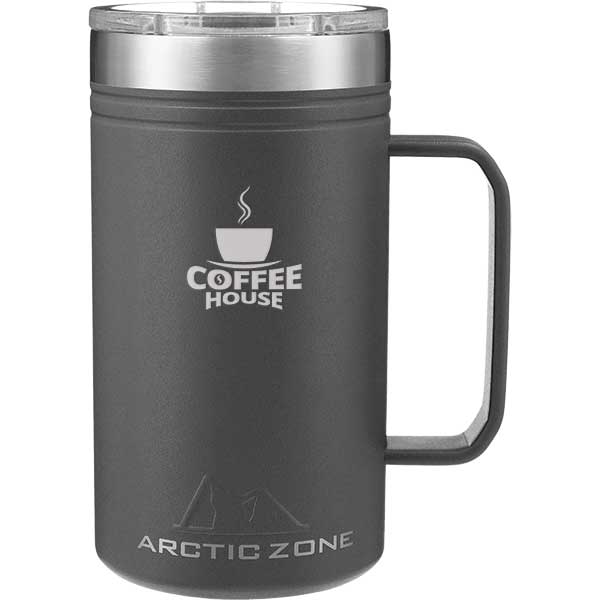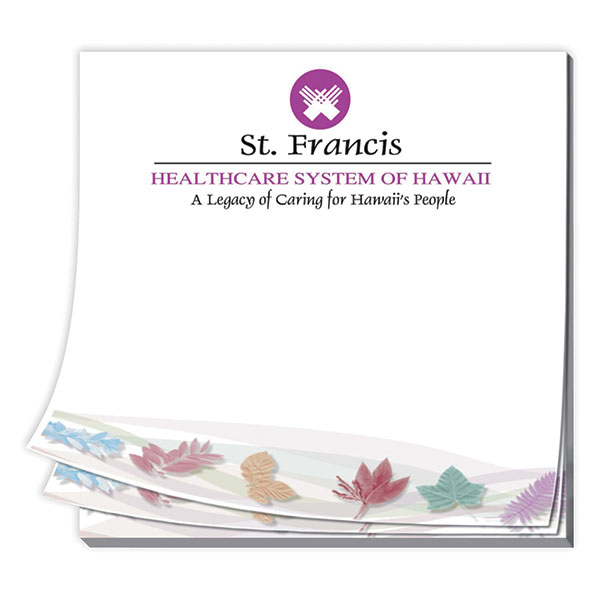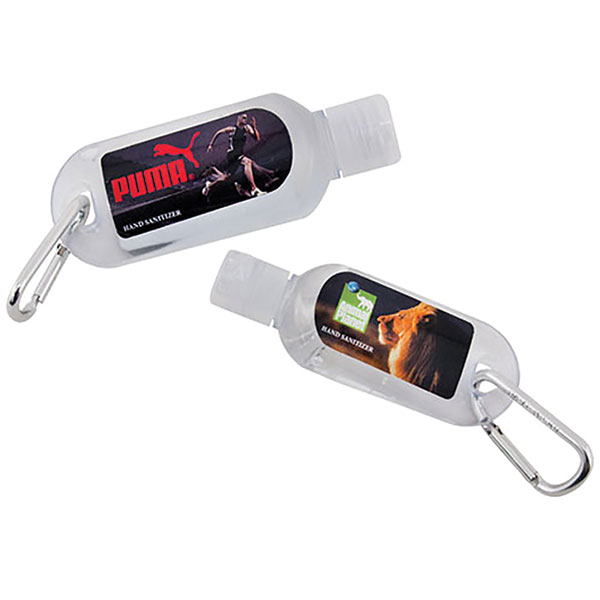Few items have defined the coronavirus crisis like personal protective equipment (PPE). Agile industry firms pivoted to essentially become medical suppliers to meet the unprecedented requests for the equipment. And while all industries had a sudden need for PPE, the biggest demand resides in the market of greatest importance during the pandemic, the one that required these essential supplies the most: healthcare.
That has taken what has traditionally been a very strong market (the second largest for promo sales each of the last six years) and boosted it into the stratosphere during a tremendously difficult time for business. While every other major market, according to State of the Industry data, is expected to decrease in sales in 2020, healthcare is projected to increase by over 28% compared to 2019.
For those who had healthcare clients before the pandemic, the demand has been made up mostly of bulk quantities of PPE, which has required some direct sourcing when necessary. Most distributors chose – or were compelled – to back away from typical sales pitches, and instead took the lead from clients, doing their best to fill orders of whatever critical supplies they asked for.
Sales Snapshot
Healthcare is poised to make big gains in 2020 – it’s the only major promo market expected to increase sales.
Total Market Promo Sales (Billions)
Projected Year-Over-Year Increase
28.2%
Robert Rosenthal, owner of JP Promotional Products Inc. (asi/232668) in Westchester County, NY, says the only thing that changed for his company was the amount of PPE requested as medical facilities began seeing growing numbers of coronavirus cases. Meanwhile, the usual weekly orders his company saw for scrubs and notepad/pen sets continued to come in from hospitals and urgent care clinics, mostly in the New York/New Jersey/Pennsylvania tri-state area, as well as Virginia and California. Its also continued to receive orders from a biotech firm, one of the country’s largest.
“Some areas of the country are really concerned about the virus, while for others it’s almost business as usual,” says Rosenthal. “Regular buying didn’t drop off totally, but we’re assuming PPE will be here for a while. It’s becoming broader than just the healthcare market.”
In mid-April, when New York Governor Andrew Cuomo announced that everyone in the state would be required to wear a face covering when not social distancing, Rosenthal’s team procured 2,000 pieces the very next day. By early May, Rosenthal was finalizing an order of 5,000 surgical caps for a hospital, 3,000 medical-grade masks for a home care company and 5,000 disposable forehead thermometers for a quick, low-contact way to take temperatures upon patient admittance. They also sourced 8,000 at-home thank-you gifts for workers. In just eight weeks, the team had sold 700,000 masks. “This is a forced-on-us trend,” says Rosenthal. “I never thought about it too much before. For those who’ve come to us just for PPE, we’re hoping to convert them to regular promo eventually.”
Lisa Gapen, owner of Generate Sales & Marketing (asi/444517) in Crown Point, IN, says her company has focused in recent years on giveaways for healthcare educational events. In the face of cancellations, Gapen was still able to pivot and find much-needed PPE for the same customers while being sensitive and avoiding any “fear-mongering.” At first, she quoted for PPE but ultimately gave up on those orders because of the uncertainties surrounding inventory, lead times and pre-payment terms. She had better luck with sourcing and selling sanitizer, to the tune of 30,000 pieces in three days. “I hadn’t done that many in the previous 12 years,” she says.
Rosenthal has sourced a lot of sanitizer too, including unbranded pieces. “The large volumes will go away eventually, but PPE is going to be a routine part of the business,” he says. “Now, healthcare offices are asking for large quantities of the cheapest pens we can find so the patient can keep it, or reception can throw them away after one use.” Gapen says she recently received a 40,000-piece order for exactly that purpose, much to her chagrin because of the waste such practices create.
But not all facilities have continued ordering from their distributors. Because of mandatory closures, those that offer elective surgeries and routine check-ups have been shuttered, resulting in cut budgets and furloughed or laid-off staff. Gapen says one office’s outreach program did give away branded protective masks for telehealth patients, but most are on hold. “No distributor is immune from a drop in handouts,” says Gapen. “We’re realizing that we can’t only be a part of their event marketing with giveaways; we also have to be in their HR and other internal departments, offering things they need regardless of events.”
Ann Baiden, CEO & founder of Innovatex Solutions Inc. (asi/231194) in Toronto, has avoided hospital-grade PPE because of recent supply chain challenges, but has continued to serve healthcare equipment clients with their packaging needs. “None of those companies have shut down, so we’re still working on promo that goes with the products they offer,” she says. “It might be a keytag that’s used to label the product, so it’s included with every piece. It’s not the traditional ‘what are you looking for’ item, but it does become part of their supply chain.”
And it’s not just traditional healthcare; Baiden says yoga has been a top search on her company’s website for several months, as wellness professionals focus on their customers’ physical and mental health and staying connected during weeks of isolation. “For those at home, it’s about peace of mind and keeping their sanity right now,” she says.
Percentage of Overall Promo Industry Sales
Smaller clinics that offer important but non-emergency services such as routine physicals are starting to open back up. One family-owned facility ordered an employee giveaway for its re-opening that not only expressed gratitude but also came in handy on the job. Innovatex imprinted the stainless-steel tumblers (ICT200) from AdNArt (asi/31518) with the clinic’s logo and personalized them with each employee’s name. It provided refreshment during the day and extended thanks while also mitigating the chance of accidental sharing. Innovatex also donated extra waterproof pouches they had in inventory so workers could keep their mobile devices germ-free during the day.
“They’re going to need PPE items if they want to re-open,” says Baiden. “It’s going to be a priority for them. Promo has to get creative with this next phase. For instance, now we’re having an issue with lots of PPE waste. How can promo help deal with that?”
Gapen expects to be dealing with a very slow market recovery, as she and her team try to get back to regular promo orders. “It’s going to be like running up a sand dune,” she says. “We’ll recover steadily, but there are going to be a lot of ups and downs. The economy will limp forward. There are so many ancillary things that will happen that we can’t even predict yet.”



